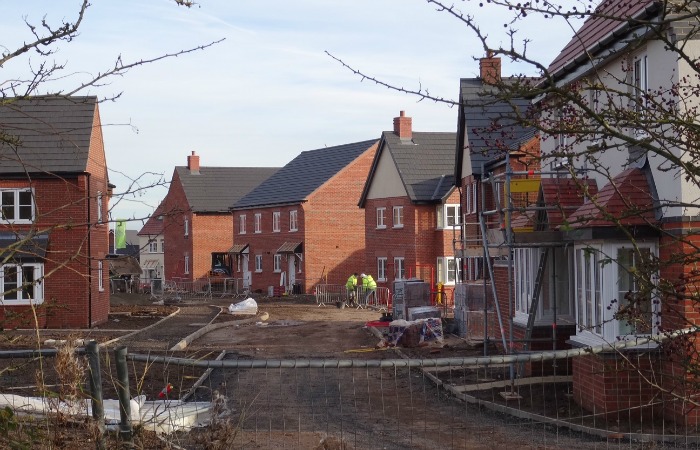
The property market in the UK seems to have been in a state of flux for years now, thanks primarily to an ongoing imbalance between supply and demand.
This has caused house prices to spiral as demand has accelerated at a disproportionate rate to supply, with the average price of a UK property now estimated at £256,405 (which represents a year-on-year increase of 10.2%).
This imbalance is further complicated by the fact that so many houses are currently sitting empty throughout the UK.
But just how many properties are idle, and what are the factors causing them to remain empty?
How Many Homes are Empty in the UK?
According to the very latest figures released by the Ministry of Housing, Communities and Local Government and cited by The Guardian, there were 216,000 properties sitting empty as of September 2019.
This represented the highest number since 2012, while research commissioned by the Liberal Democrats in 2018 revealed that more than 11,000 of these properties nationwide had been vacant for over a decade.
This represents a huge number of properties that are categorised as being either vacant for six months or more but remain capable of occupation.
This number also includes properties that are unlikely to be occupied, for a number of reasons including their condition and state of disrepair.
There are many reasons why properties may be idle, some of which are common and others that are relatively rare.
For example, properties can remain idle for extended periods of time due to a delayed sales process, which may, in turn, be caused by a disruption within the chain.
In the case of probate (in which the house has to be sold when managing the estate of a deceased owner), delays can also occur, even though the house may be listed at a lower price.
Similar issues occur when an owner is forced to enter residential care on a long-term basis, and can no longer reside at the property.
In terms of long-term vacancies, renovations and problems attracting interested tenants can also cause properties to sit idle.
With the former, home-owners may decide to move out while they carry out extensive and complex modifications, while new buyers may have purchased the property with the intention of improving it only to run out of cash during the project.
When it comes to the latter, property owners may find it hard to rent their home for the requisite price.
You may also find it hard to source suitable tenants, often causing the property to sit idle for six months or more.
The Last Word
The number of idle homes is not helping the imbalance that exists within the UK’s housing market, particularly as demand continues to rise and the government is struggling to build new properties at the requisite rate.
These issues should also be measured against the common challenges when buying and selling property, from the impact of conveyancing costs to the problems that interrupt a classic buyers’ and sellers’ chain.
We should also note that landlords are continuing to buy up properties in bulk only to find it hard to rent these out to tenants, increasing the number of homes available on the market.
This will definitely be an interesting space to watch in the future, and one that could continue to see house prices soar over an extended period of time.





















Recent Comments